I was talking to my classmate Sina tonight and the topic of vocabulary came up in relation to the work Open Pit did over the summer. He had been reading the blog posts and had a different take on what we were trying to do while defining our vocabulary. Vocabulary as written, and talked, about a lot over the course of the summer. A new group of people working together need to get on the same page. As actors we all have a set of vocabulary, but what those words actually mean can differ from person to person. It was important to us, working together for the first time, to make sure that when something was said it wasn't going to be interpreted differently by another member. I think this is a benefit to working with the same people over an extended period; you stop needing to clarify what you're saying.
Sina interpreted our search for common vocabulary as a search on a grander scale. I'm not sure I really got the crux of what he meant, but I think he saw us exploring vocabulary in a broader sense, for the whole community. For example, he said we were looking for a new definition for what good acting was. I don't think I can do that for everybody. I told him that we defined good acting internally; good acting for Open spit will be the subjective opinion of the people working here. I don't think you can change how people view things just by redefining what that thing is. You change things by doing.
This might have been what he was talking about. We were exploring and experimenting throughout the Devised Yukon Project. I always tell people that the summer was as much about creating something as it was about discovering how to create. I don't want to lock myself into a specific method of creation, but instead discover a new method with each project. I think I've said this before. That doesn't mean I plan on ignoring the vast amount of creation knowledge that the past holds. I want to use that information, remix it, and push those methods forward. If theatre creation was evolution I would want to be homo superior. If I knew how to surf I would want to be on the crest of the wave.
This leads me back to vocabulary. Surprisingly, the conversation I had with Sina was not the first time I had talked about vocabulary recently. I also had a discussion with my friend Michel. We were talking about opening up the process in order to gain investment in the show (we talked about a lot of fascinating things, this was only one of them). Somehow we got around to discussing how people defined what a show was. She said that, as a company, we need to make our definition of a show, and then apply that definition to what we do. We could call every time we open our doors to the public a show. By doing this we change the audience and company dynamic. One way that dynamic changes is the expectations an audience has when coming to see a show. If our shows are informal discussions, or presentations of rehearsal work, then the expectation on the audience's end shifts. It may not shift immediately, but as our audience gets to know us they can understand what we mean when we use certain vocabulary. Now, does anyone want to count the number of times I used the word _show in this paragraph?
Both of these were awesome conversations. Both had similar point, but came about them in different ways. I think I do want to change the vocabulary at large, but I'm not going to try and do that. Instead, I'll change my own vocabulary then I'll change how the company defines things. Finally, hopefully, our audience might pick up on these changes. I think you can only change things by doing, not defining. This is another great question I will add to my list of things to ponder.
Thanks to Sina and Michel for the inspiring discussion.
- Sam Bergmann-Good
